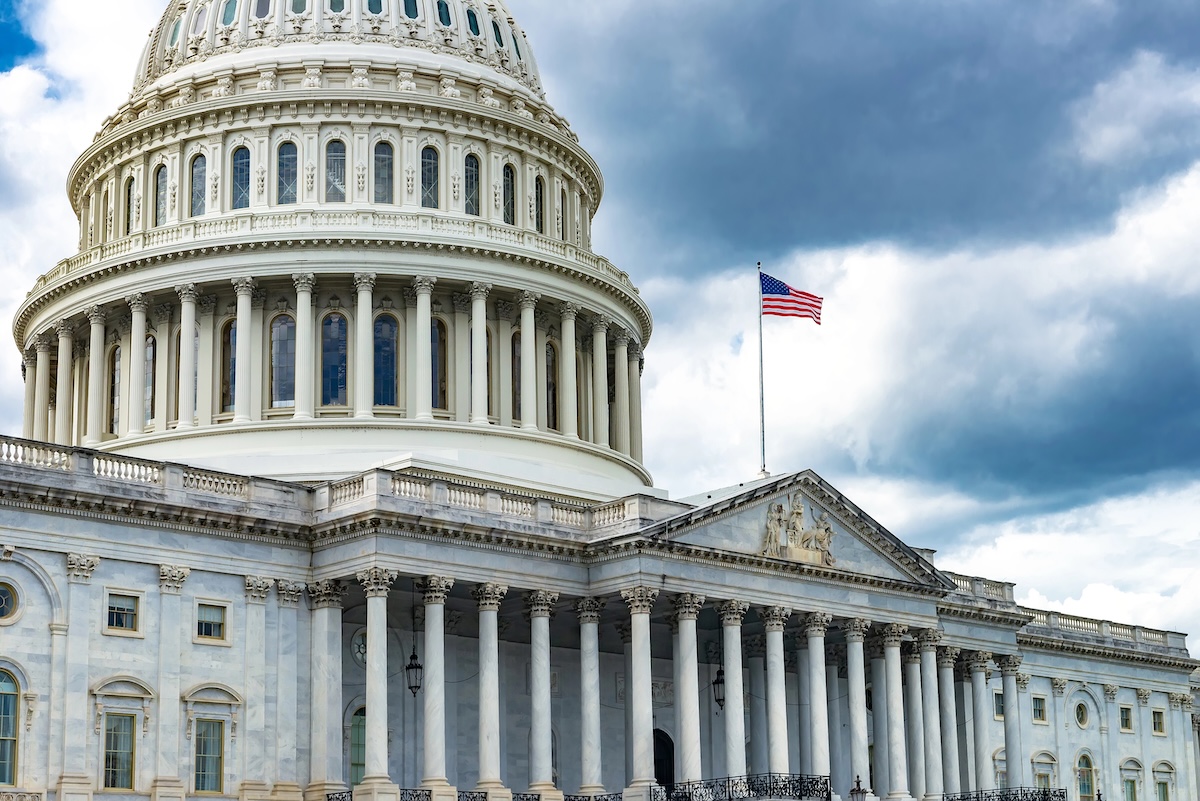How A Government Shutdown Will Affect Your Investments


Everyone is talking about the potential government shutdown looming in two weeks: a battle of partisan politics, the 800,000+ jobs that have could be furloughed, the irritation of not being able to visit a national park. But what’s going to happen to your investment portfolio?
It’s tough to give a definitive answer to what’s going to happen, but we can make some very educated guesses. Let’s start with some history.
Here are a few quick stats on the history of government shutdowns:
And here’s what happens to the stock market during these shutdowns:
Here’s a history of the stock market and all government shutdowns:
There are several reasons why this government shutdown is different than past ones. These reasons are what makes this shutdown scarier than past government shutdowns:
First, we don’t have the same corporate growth (and economic growth) that we had in the past government shutdowns. For example, in 1995, we were experiencing 8% EPS (earnings per share) growth rates, while this year has just been at 2%. Plus, that period of time saw one of the biggest bull markets in recent history emerge after the shutdown. It was the start of the tech bubble, and huge changes were occurring across the economy.
Plus, we’re also facing rising inflation in the wake of tariffs. We’ve also been riding a long bull market for years.
It doesn’t paint a great picture.
Second, the economy is extremely reliant on government spending. Right now, money is flowing at a much freer rate than in the history of this country. With cheap money, and government aid for companies nationwide, the economy is more dependent on the government than at any time in the past.
For example, the federal funds rate was 5.50% in 1995 (during the last shutdown), and it’s 0% now. In 1995, GDP growth was 2.5%, and it’s the same this year — but it’s taking a boatload of free money to achieve it. This just highlights that dependence on the government to keep the economy afloat.
Finally, there are more consumers dependent on government social welfare programs than at any other time in history. From Social Security and Medicare, to food stamps and SNAP, consumers are more dependent on government programs than ever before. This is a direct result of the Great Recession, but also from the mixed economic growth (and employment growth) that we’ve been experiencing.
This worries me for several reasons. First, many federal benefits could stopped being paid because of the shutdown. This will directly impact the pocketbooks of consumers, and could lead to even lower economic growth during the quarter (and even during fourth-quarter holiday spending).
Second, even the benefits not directly stopped by the shutdown are the same benefits being debated on in Congress. This could result in them being ended in a compromise, and could further damage the economy long-term.
All of these things point to a government shutdown that will have a different long-term impact on the economy and stock market. I think there will be a much more negative impact from this shutdown, compared to past shutdowns, simply because this is just another gust in the perfect storm.
The perfect storm brewing for the end of the year includes these factors:
I wouldn’t be surprised if this shutdown, combined with rising inflation, send the economy into an official recession. As such, investors should brace for the possibility of a recession.
This means several things:
Don’t Miss These Other Stories:

Creating a financial plan might seem overwhelming at first. The world of personal finance is vast and can often feel...

When Kristina Anderson moved to Montclair, NJ, 10 years ago, she wanted to have an impact and foster a deeper...

There was lot of federal action over the last week, and states are also responding to the massive changes facing...